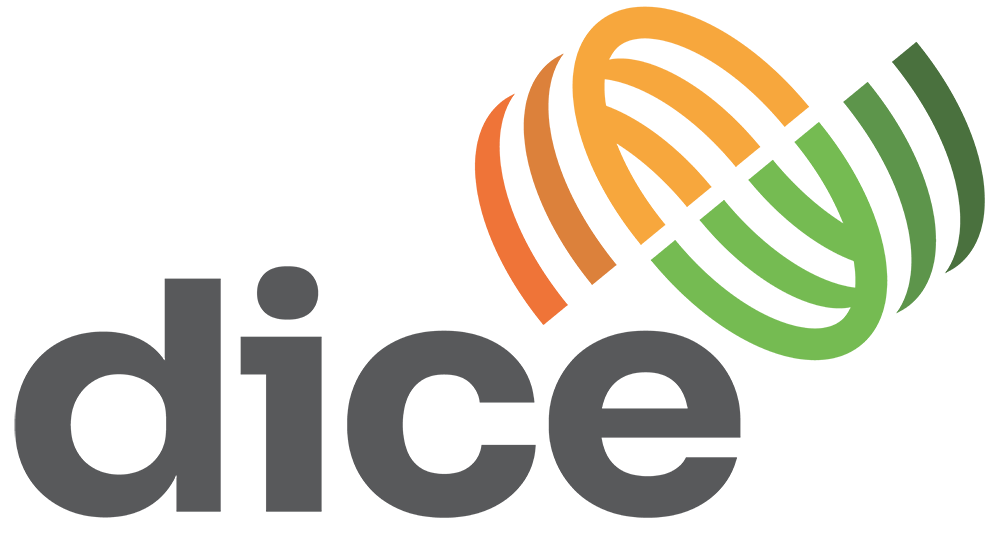Artificial Intelligence in the City: Building Civic Engagement and Public Trust
The AI in the City symposium emerged as an opportunity to connect people, organizations, and resources in the networks we built over the last decade of work on research and advocacy in tech policy. Sharing non-Western and Western perspectives, the participants questioned, challenged, and envisioned ways public trust and meaningful civic engagement can flourish and persist as data and AI become increasingly pervasive in our lives. The day brought together a group of multidisciplinary scholars, activists, and practitioners working on a diverse range of initiatives to map strategies going forward.
- Reference
